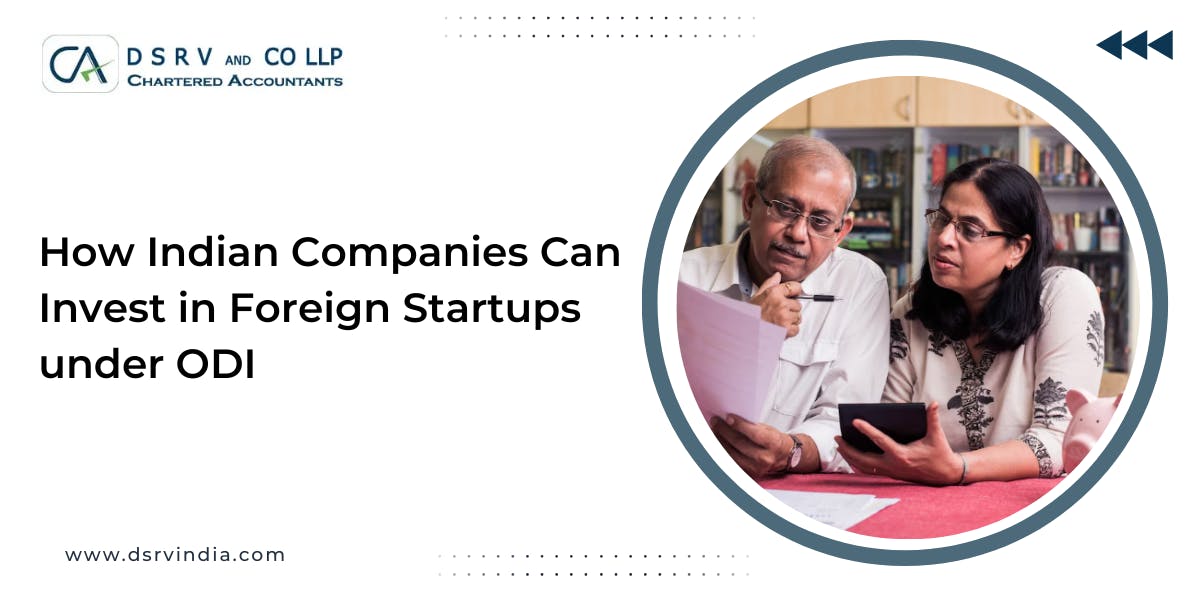Are you searching for methods to start a new company in India? It may feel daunting to build a startup in a fast-paced environment, where the hustle never seems to stop. DSVR India, one of the top chartered accountant firms in Gurgaon is here to guide you through the process of registration as a startup, where we will make sure that your registration is smooth and hassle-free. Whether you're considering company registration in Gurgaon or company registration in Delhi, we provide expert insights and hands-on support to help you take the first step toward establishing your business.
India is the fastest growing major economy in the world. Because competition is increasing, making your way to entrepreneurship can sometimes be like a roller coaster ride especially if you are not sure about which road you should take. For that reason, this guide will ensure that you're aware of the whole process of registration, which is necessary to secure a legal basis for your business. From the first paperwork to achieving corporate tax planning, we have everything sorted for you. Whether your venture is in Gurgaon or Delhi, our experienced tax consultants in Gurgaon will see you through all the phases of registration and filing taxes efficiently.
We all need to begin somewhere, and so, the following are the steps required to register as a company in India:
The Steps To Register A Company in India
1. Choose The Right Business Structure for Your Company
Choosing the business structure of the startup is of prime importance before you start the registration procedure. There are numerous factors which you must consider before you begin the journey:
- Proprietorship Firm: This type of firm only requires one person to establish it and the enterprise is managed by the same person. This type of firm is ideal for small business owners. If you plan to choose this business structure, while you will enjoy all the profits, you will also need to bear all the losses that can be possibly incurred while managing the firm.
- Partnership Firm: If you are planning to start a business with two or more people, then you can establish a partnership firm. This type of business is suited for those who want two or more people to run the business with low investment.
- One Person Company (OPC): If you wish to start a business where you are the sole owner or promoter, then this structure will suit your business well. You can be part of the corporate structure while you are still the sole proprietor of your work.
- Limited Liability Partnership (LLP): This structure involves multiple business partners, where each partner’s liabilities are limited to their contributions. These contributions are agreed upon by all partners involved in your business.
- Private Limited Company (PLC): Within the structure of this business, the affairs of the company are looked after by the directors. Shareholders invest to become part owners of such corporations. This is a business structure that is suited for medium to big companies.
- Public Limited Company: This is a type of structure that comprises seven or more members, where the directors have direct responsibility over the affairs of the business. The liability of a member is dictated by the number of shares they hold. This is best suited for medium to big companies.
Recommended: Avoid These Common Pitfalls: A Guide to Smooth Company Registration in Gurgaon
2. Apply For a Digital Signature Certificate (DSC)
Your company is required to obtain a Digital Signature Certificate (DSC) from an authorized government agency. This certificate is essential for digitally subscribing to the objectification documents, which are a crucial part of the company's registration process. It ensures the authenticity of your business.
The process of obtaining this certificate involves several steps. First, an application must be submitted to the government agency. The applicant must provide documentation to verify their identity (e.g., voter ID, passport, or Aadhar card) and their address (such as utility bills or bank statements). After this step, you must pay a nominal fee for the certificate. This certificate is required for electronically signing various documents throughout the registration process.








